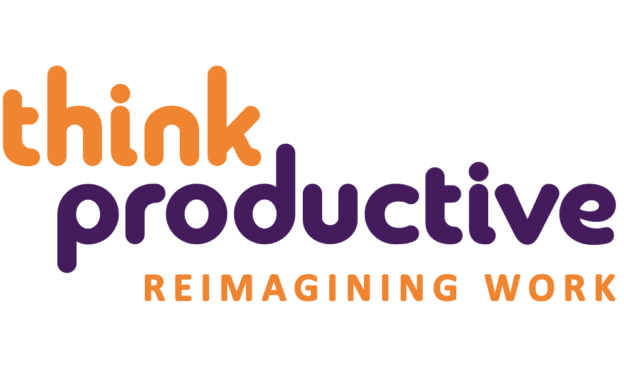WHY IS MENTAL HEALTH TRAINING IMPORTANT?
It’s a well-known fact that organizations are required to have first aiders, at least one per 50 employees. Yet, as the number of suicide deaths per year inch closer to that of heart attack deaths, and panic attacks become more common than asthma attacks – why are we not focusing on Mental Health First Aid more?
Even without digging into the morbid statistics, creating mental health awareness within the workplace sends an important message:
“This workplace believes you have a worthwhile story to tell. You are in a safe place to tell it, and we will support you to manage your illness and be here.”
WHAT ARE THE BENEFITS OF MENTAL HEALTH TRAINING?
Mental health training within your organization can be transformative. As with first aid training, mental health training gives employees the tools to keep themselves and their colleagues well. It:
- endorses the idea that seeking help when things aren’t ok, is ok;
- empowers people with mental health illnesses to thrive at work. or to recover;
- creates a supportive culture;
- acts as a preventative step toward mental health issues within the workplace.
Mental health training is a step towards positive, long term cultural change within your organization. Team members who believe they work in a culture that discourages stressful behaviours, over-work and presenteeism, are more likely to speak up when they need a break.
We spend such a large proportion of our life at work and in contact with colleagues. Workplaces are therefore uniquely placed in the fight to reduce the stigma surrounding mental illness. But sadly, most employees do not believe their managers know what to do when approached about mental illness. And most managers agree.
This cycle of fear prevents us from speaking up when we’re not ok. And it stops us from asking someone if they need help when they dont seem ok. Mental health training can provide a safe space and protected time for team members to explore how to ask, and what to do if someone is not ok.
WHAT DO THE STATS SAY ABOUT MENTAL HEALTH IN THE WORKPLACE?
As part of tackling mental illness, the US Surgeon General has, as a priority, created a Framework for Workplace Mental Health and Well-Being that gives 5 Essential Steps to improve mental health awareness and training in every organization. This framework was developed in response to the impact of the Pandemic and you can download it here. But while the pandemic did not create these work conditions, it worsened many of them. Rates of anxiety, depression, social isolation, job burnout, and insecurity related to food, housing, and income rose between March 2020 and mid-2022.
What are the Stats?
The statistics around mental ill-health in the workplace continue to grow each year:
- 1 in 6 workers will experience depression, anxiety or problems relating to stress at any given time.
- In 2021 76% of US workers surveyed by the Surgeon General reported experiencing at least one symptom of a mental health condition that year.
- In 2018/19, stress, depression or anxiety were responsible for 44% of all cases of work-related ill health and 54% of all working days lost due to health issues in the UK.
- 1 in 5 people take a day off due to stress. Yet, 90% of these people cited a different reason for their absence.
- Presenteeism probably accounts for twice the productivity lost than absences.
- Chronic diseases and injuries in the U.S. workforce costs employers more than half a trillion dollars in lost productivity each year.
- People with long-term mental health conditions lose their jobs every year at around double the rate of those without a mental health condition.
These stats probably represent the tip of the iceberg.
Work is the space where we spend much of our time. We occupy positions that are a significant factor in how we self-identify. And the pressure of the work we do is a big component in filling our stress bucket. So organizations can no longer ignore how important it is to be “mental health aware” and should have a plan for improvement.
It is our mind that is our biggest asset at work and we have to create the wellbeing it needs to thrive. After all your mind makes you, you.
WRITTEN BY BECKY FEW
Owner of Not Lost, but Free, LinkedIn.
Becky Few is a freelance mental health and wellbeing consultant. She has with a portfolio in health improvement resulting from experience within many facets of the speciality. Becky delivers our Mental Health Awareness workshops in the UK.

